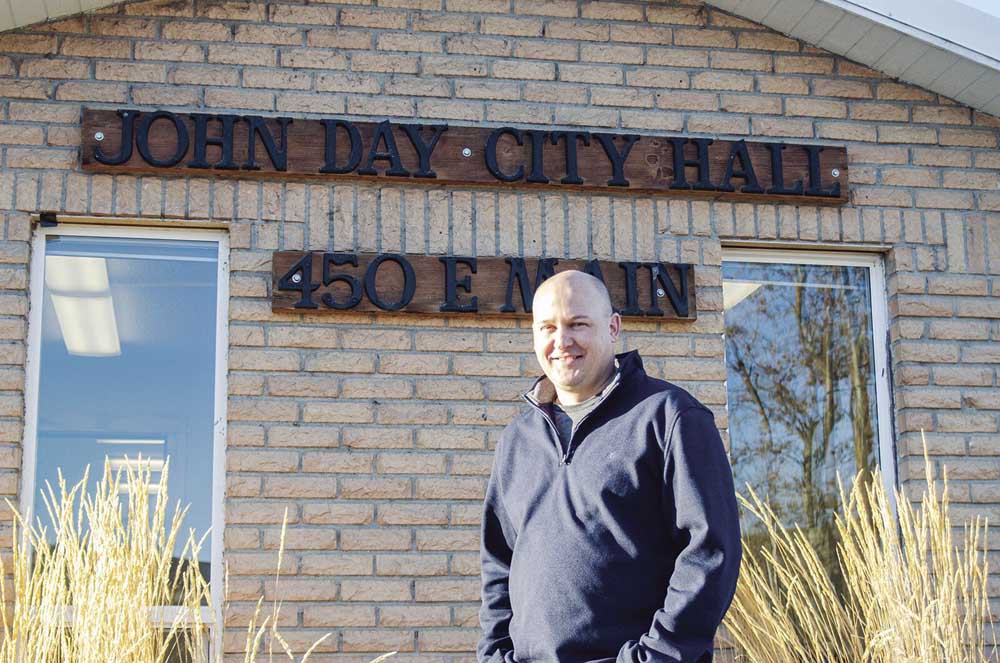Another Voice: Building trust in schools requires family involvement
Published 4:00 pm Tuesday, December 30, 2003
Research over the last 30 years has shown that’s true, regardless of the family’s socioeconomic status, ethnic or racial background, or the parents’ level of education.
Despite this, many schools struggle to engage families, and many families don’t get involved. Sometimes schools perceive that families simply aren’t interested, but often that’s not the case. Barriers may be constructed between schools and families that cause relationships to break down. Bad first impressions, differing expectations, and poor communication are some things that stand in the way of good relationships.
More schools will need to address these issues to meet the requirements of the federal No Child Left Behind (NCLB) Act. The law views parents not just as “important players” but as full partners in the education of their child. NCLB establishes parents’ rights to be informed about the content and quality of their child’s education and to make choices that are in their child’s best interests.
For that to happen, parents and schools must work to eliminate barriers and build a level of trust. If parents are to trust teachers and other staff, they must believe that school personnel are qualified, fair, dependable, and have the child’s best interests at heart.
Building trust is a two-way street. There are a number of things parents can do to lay a foundation of trust with schools:
Begin relationships on a positive note – don’t wait for a crisis to start communicating with your child’s teacher. Let the teacher know you’re interested in what goes on in the classroom on a regular basis.
Recognize that some teachers may lack self-confidence; newer teachers may worry about being seen as incompetent and may avoid contact initially.
Remember that trust-building doesn’t happen overnight – it’s something you may have to work at over time.
One example of a program that worked well to build trust in a school with many different cultures is a parent mentor program. The school gives new parents a mentor who speaks their language and orients them to the school building and staff. One of the mentor’s main jobs is to check with new families on a weekly basis and see how things are going. Parent mentors are on hand to welcome families when they drop off or pick up their children from school. They send out invitations to meetings and other communications to bilingual families.
This is one example profiled in By Request…Building Trust With Schools and Diverse Families, a booklet from the Northwest Regional Educational Laboratory. It tells about the research and what schools might do. It’s free online at www.nwrel.org/request/. While supplies last, single print copies are available from Newspaper Column, NWREL, 101 S.W. Main, Suite 500, Portland, OR 97204.
This column by Rhonda Barton and Jennifer Railsback is provided as a public service by the Northwest Regional Educational Laboratory, a nonprofit institution working with schools and communities in Alaska, Idaho, Montana, Oregon and Washington.





